If we've shared creative philosophies before, you already know that I feel VERY strongly that books/reading play an essential role in emotional regulation—particularly for children.
Likewise, I think all funny books, regardless of the “emotionality” of the plot, are SEL books because…
The physical act of reading a book helps take one’s mind off of everyday stresses. Therefore, rather than only teaching children about emotional self-regulation through picture book content, I feel children can learn to equate the act of reading itself as a sturdy, lifelong emotional regulation tool.
The content of each book selected by the child to be read forms the basis of very specific sorts of catharsis sought by the child, helping them not only recognize emotions but also to find ways to manage them safely, effectively, and—critically—of their own volition. Asking a child, “What shall we read?” is not unlike asking them, “How do you feel?” “What mood are you in?” and, perhaps, even, “What mood do you WISH to be in?”
However, to answer the natural question that would stem from the first two points: “So, Elayne, are you saying all books are SEL books?” the answer is an admittedly wishy-washy, “meh—not really.” Plenty of books are read for wonderful non-SEL reasons, such as to learn and explore intellectual curiosities. BUT, I *do* think all humor books are SEL—both in how they are written and how they are read—and the reason I believe so stems from the particular vulnerability inherent in comedic writing. To quote Mac Barnett at the recent "Level Up Your Picture Book Game” webinar he did with Jon Klassen at Picture Book Summit 2024:
“Maybe my ‘jokiest’ books—those can feel the most vulnerable to put out, because there’s nothing more personal than what you find funny.”
—Mac Barnett
“Putting the joke out there” is the ultimate form of subtext, and the subtext is—inescapably—you. The same goes for laughing aloud at a joke; how many of us have tried to stifle a laugh in public?
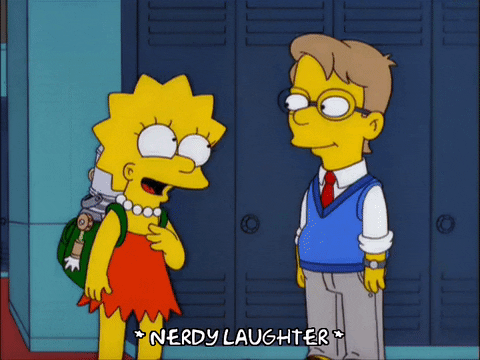
Comedy is inherently tied to worldview; there is no humor in something one does not FEEL from context and subtext cues. A stapler on the shelf at OfficeMax? Not funny. A stapler you added googly-eyes to and left next to the copier at your workplace? VERY funny. (🔮 Note to the wise: someone will add eyebrows and/or a mustache with a Sharpie to the stapler next. Do not fight it. It’s an inevitable Pokemon-style evolution when two or more people find their humor tribe.)
In fact, outside of catharsis, there may be no more important role in humor than in connecting with others (though, admittedly, it doesn’t hurt that humor helps us share joy and/or lighten tense situations.)
As such, part of helping a child build up their social-emotional skillset must include understanding different kinds of humor and how to use them appropriately. Humor is also a unique tool that strengthens many other essential SEL tools, such as active listening, empathy, nonverbal communication, and conflict resolution.
In this way, I believe all humans, especially children, need “available without prescription” humor books that are as reliable pick-me-ups as pharmaceutical stimulants are for many adults. (In fact, in my mind, children need funny picture books more, as they grapple with even less control of their life circumstances.)
In her Bank Street College of Education thesis, Margaret Wise Brown had a lot to say, and I encourage you to read it—it’s one of the things the Milkwood writing retreat I went to sent out ahead in terms of preparation; another section is wonderfully discussed by Mac Barnett and Jon Klassen here.
But one passage from the thesis, especially, stuck out to me amongst my (many!) highlighted bits when I was pondering bibliotherapy—a section where she discusses the quality of listening that children may give (or choose not to give) to a story and her exploration of those reasons.
“…And then there is forever the common-sense element in the reading of any story, which is suitability at the time it is read. On the first day of snow in the winter, it is a story about snow that the children want and not a story about the beach. When they are excited they want a strong story in which to resolve their excitement, providing the story resolves its own excitement through that process which in drama we call catharsis…”
— Margaret Wise Brown, “Writing for Five-Year-Olds.”
When is the suitability of a funny story most apropos: when a child is in an already-playful mood, or when they are at their most downtrod?
The answer depends on what the child wants for themselves, in that moment. They are still exploring emotions and may (sometimes) relish feeling the brunt of them as an exploratory exercise—leaning in vs. out, as it were. Therefore, having a diverse children’s book library available lets them safely explore all these feelings at the optimally suitable time, as the child sees it.
And it’s not just me thinking of books in biotherapeutics1 terms, of course. A book store here in Seattle, Oh Hello Again, categorized its entire book collection by emotion rather than by age, placing (for example) William Steig’s Doctor De Soto alongside Luster by Raven Leilani on a shelf called “On the Trials of Growing Up and Moving On.” (Read more about their experiment via The Seattle Times.)
This is all to say:
My “Big Why” for writing is to create books that act as mood enhancers. I hope that is what my writing does for others and drives what I write: humor and heart. As such, I aim to use big-hearted humor to create moments of connection between readers and those being read to—even if those are sometimes the same person.
Your “funny feeling” friend,
Elayne
My posts are always free, but my focus isn't; if you found this post interesting or useful, please consider ♡'ing it, so I know. Thank you!
I suppose I should temper all of this with:
“Dad always thought laughter was the best medicine…which I guess is why several of us died of tuberculosis.”
―Jack Handy, SNL’s Deep Thoughts
Obviously, sometimes, the medicinal benefit is best left to, well, actual medicine.






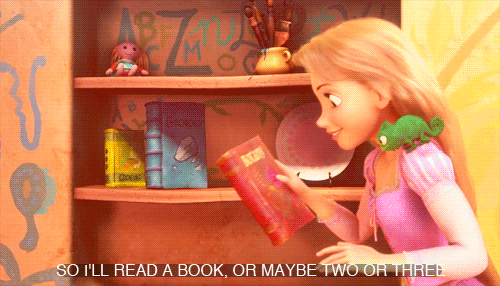
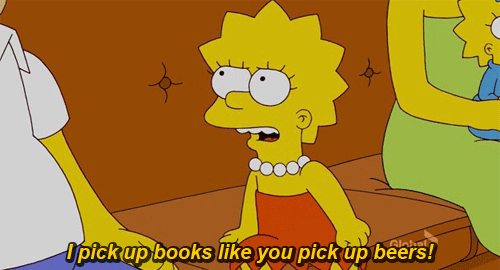
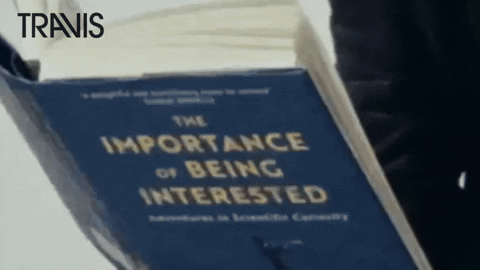
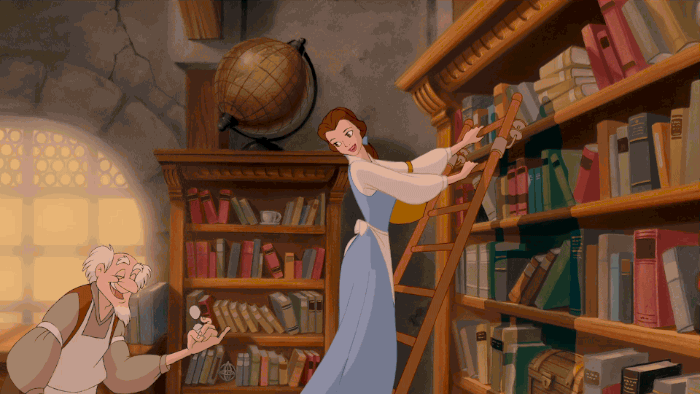
I love this-I challenged an editor last weekend on being “over” SEL books, bc all kinds of books reflect, shape, and channel SEL - yes to big-hearted humor!